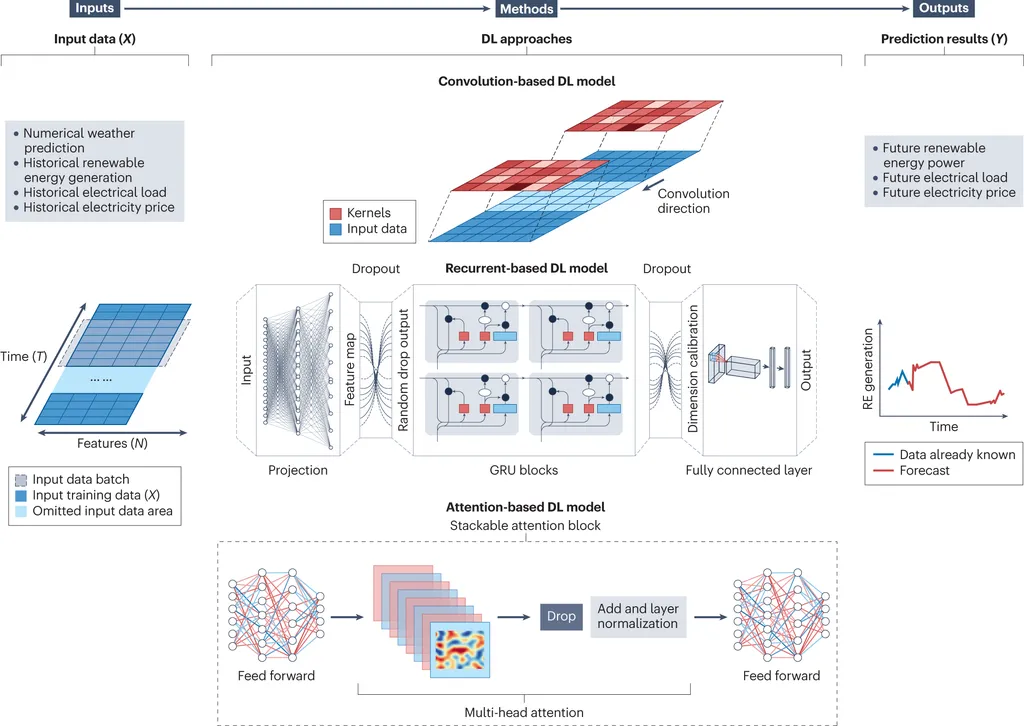In the rapidly evolving landscape of renewable energy, the integration of distributed energy resources (DERs) is both a boon and a bane. While DERs promise a more sustainable future, their increasing penetration poses significant challenges to grid stability. One of the most pressing issues is the voltage fluctuations caused by changes in grid impedance, a problem that traditional solutions struggle to address, especially in weak grids and with non-linear loads. However, a groundbreaking study published in ‘e-Prime: Advances in Electrical Engineering, Electronics and Energy’ (which translates to ‘e-Prime: Progress in Electrical Engineering, Electronics and Energy’) offers a promising solution.
At the heart of this research is a novel μ-synthesis controller designed to tackle impedance changes in grid-connected voltage source inverters (VSIs). The lead author, P. Shambhu Prasad from the Department of Electrical and Electronics Engineering at BITS Pilani Hyderabad Campus, explains, “The increased use of inverters due to DER penetration has led to significant voltage fluctuations, threatening the overall stability of the system. Our controller aims to provide a robust solution to this complex problem.”
The μ-synthesis controller, a sophisticated control design method, is not new. However, what sets this research apart is the application of reinforcement learning, a type of machine learning, to tune the controller’s weighting functions. This advanced approach allows for a more adaptive and efficient control strategy, capable of handling the dynamic and often unpredictable nature of modern grids.
Prasad’s team didn’t stop at simulation. They validated the controller’s efficacy with real-time implementation and hardware-in-the-loop simulations, demonstrating stable operating modes even with non-linear loads. This practical approach is a significant step forward, as many existing solutions offer complex findings that are challenging to implement in real-world scenarios.
The implications of this research are far-reaching. As the energy sector continues to shift towards decentralized and renewable sources, the need for robust and adaptive control strategies will only grow. This μ-synthesis controller, enhanced with reinforcement learning, could play a pivotal role in ensuring grid stability and reliability.
Moreover, the commercial impacts are substantial. Energy companies investing in DERs will benefit from a more stable grid, reducing downtime and improving service quality. The technology could also pave the way for more sophisticated grid management systems, opening up new avenues for innovation and investment.
Looking ahead, this research could shape future developments in the field of grid-connected VSIs and microgrids. As Prasad puts it, “Our work is just the beginning. We hope to see more advanced control strategies emerging, leveraging the power of machine learning to create a more resilient and efficient energy grid.”
In an era where the energy sector is at a crossroads, innovations like this μ-synthesis controller offer a beacon of hope. They remind us that with the right tools and approaches, we can overcome the challenges of integrating renewable energy sources and build a more sustainable future.

